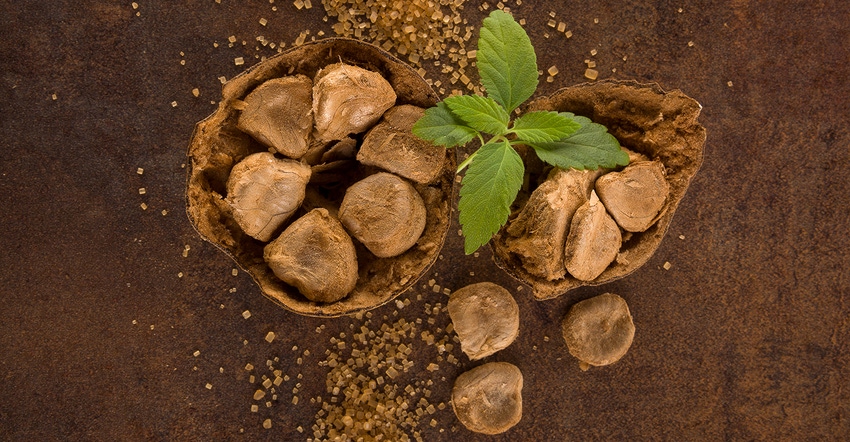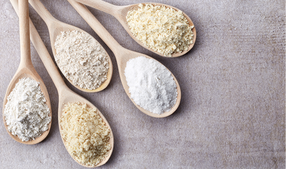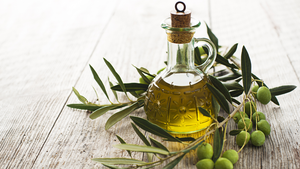The use of plant-based sweeteners and botanical extracts is a key value-based differentiator for manufacturers in the food and beverage industry.

Despite healthier, natural, cost effective, plant-based sweetener alternatives available at scale, sucrose remains widely used today in the manufacture of a full range of food and beverage consumer goods. Many attribute the popularity of sucrose in food and beverage manufacturing to its beneficial functional properties, including taste, color, bulk and texture, fermentation ability and shelf stability. However, these same (and often improved) benefits—and in many cases a healthier nutritional profile—can be readily achieved with botanical sweeteners.
Sugar intake has increased at an alarming rate around the globe, and the continued proliferation of sucrose in place of alternatives not only contributes to weight gain and obesity, but the related challenges of diabetes and metabolic syndrome.
There’s no denying today’s consumers increasingly care about health and wellness, which is reflected in everything from fit watches to the rise of plant-based proteins and the market growth of healthy and organic foods. Today’s consumer is a savvy reader of ingredient labels, aware of sugars “hidden in plain sight” such as high fructose corn syrup (HFCS). Today’s consumer is demanding healthier alternatives, as are major consumer advocacy groups and health organizations. The World Health Organization (WHO) has recommended limiting sugar consumption to less than 10% of total daily calorie intake. In addition, WHO has recommended setting the target for maximum daily sugar intake at 5% of total calories, or approximately 25 g or 6 teaspoons for a standard 2,000-calorie diet.
In terms of taste, natural plant-based sweetener extracts can be used to help address existing issues in current formulations. Food and beverage manufacturers are leveraging technical advancements with natural, plant-based sweeteners and using synergistic combinations of steviol glycosides from stevia, while mogrosides from monk fruit help to highlight the best of each sweetening compound, allowing for deep sugar reduction with a more sugar-like profile.
The use of plant-based sweeteners and botanical extracts is a key value-based differentiator for manufacturers in the food and beverage industry, leading to a win-win for manufacturers and consumers.
To read this article in full, check out Food & Beverage Insider's "Sugar and sodium reduction strategies" digital magazine.
About the Author(s)
You May Also Like






